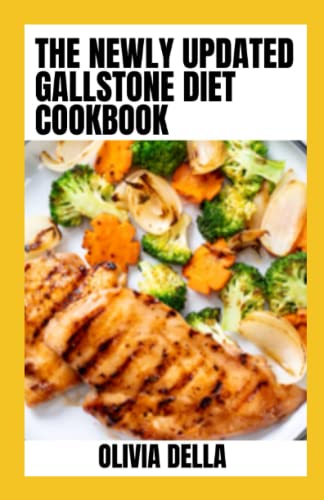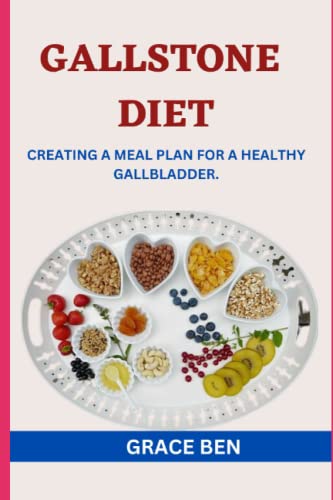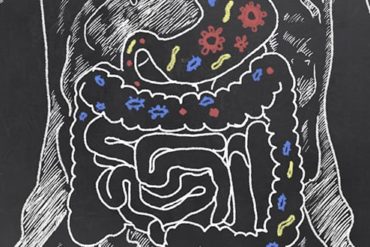Gallstones are solid lumps that form in the gallbladder. They can grow over the space of years, and can fill the whole of the gallbladder. Gallstones can be made either of cholesterol (a type of fat), or of bilirubin (a waste product of red blood cells).
According to the NHS, more than one in 10 adults have gallstones, yet the majority of them cause no discomfort or health complications.
Symptoms
The majority of people with gallstones do not experience any symptoms, so you wouldn’t know about them unless you get a scan for something else that is unrelated. When symptoms do appear, it is due to the stones moving into the duct of your gallbladder, and getting stuck. This causes the following symptoms:
- Intense abdominal pain, either in the centre of your stomach or just under the ribs on your right-hand side
- Fever
- Rapid heartbeat
- Jaundice
- Loss of appetite
- Confusion
- Diarrhoea
- Chills
- Itchy skin
Causes
Gallstones are thought to be caused by irregular ratios of cholesterol or bilirubin, and bile salts, in the gallbladder. An abnormally high concentration of bilirubin would result in pigment gallstones, whereas too much cholesterol would result in cholesterol bile stones.
The gallbladder’s ability to contract is also a factor. When contraction occurs incompletely and infrequently, the gallbladder isn’t properly emptied. This affects the bile salts ratio and contributes to gallstone development.
People at risk include:
- Women: especially those on the combined pill, high oestrogen therapy or post-pregnancy
- Overweight or obese people
- People over 40 years old
- People who have recently lost a lot of weight
- People with Crohn’s, cirrhosis, or IBS
- People with a family history of gallstones
Gallstone prevention
A healthy balanced diet is the best prevention for gallstones. If you are overweight, the focus should be on losing weight slowly. Ensuring that too much weight isn’t lost too quickly is important because rapid weight loss has been linked to gallstone formation.
Eat a nutritious diet which is high in unsaturated fats (from fish, nuts and seeds), with a moderate protein consumption (from lean meats, fish, dairy, peas and beans), a lower consumption of carbohydrates (ensuring carbs that are consumed are from whole grains) and eating large quantities of fruit and veg. Cut out simple carbs. White flower products such as bread, rice and pasta, and sugar-based products like chocolate, sweets and soft drinks, should be avoided, or treated as occasional luxuries.
Regular exercise is also advised. Aim for around 150 minutes of exercise, at a moderate intensity per week. This can be from fast walking, running, resistance training, swimming, skipping or dancing.










